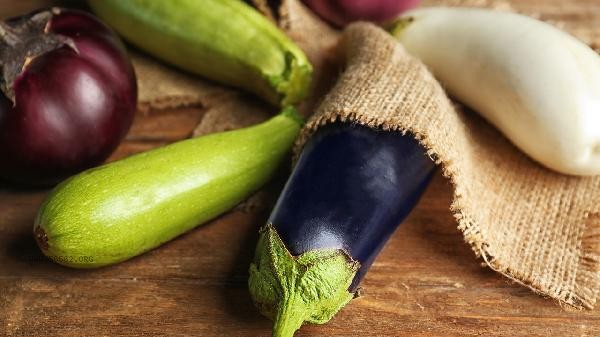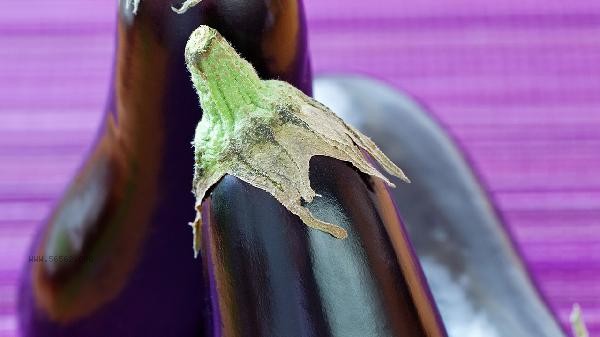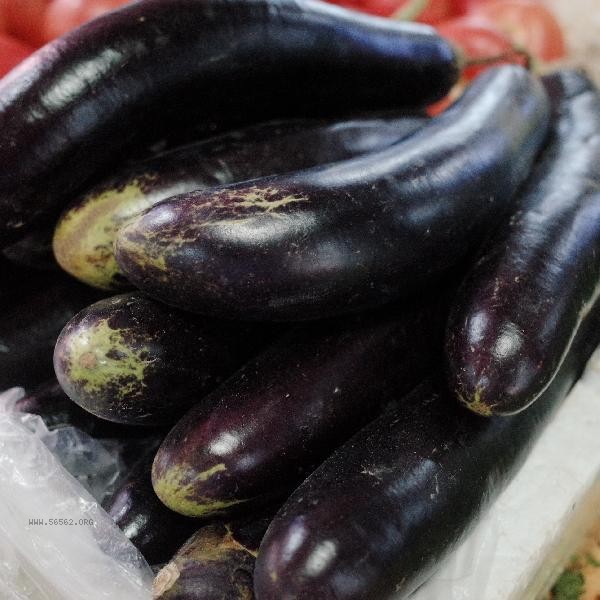The black color of eggplant core does not necessarily mean it is damaged, it may be caused by oxidation or variety characteristics, but if it is accompanied by odor or soft rot, it may spoil. The internal blackening of eggplants after cutting is mainly caused by natural oxidation reactions, low-temperature frostbite, and variety differences, while spoilage is usually accompanied by texture changes and odors. Eggplant contains phenolic compounds, which undergo enzymatic browning when exposed to air after cutting, resulting in a darkening of the flesh color. This is similar to the browning principle of apple slices and is a normal phenomenon. Simply remove the discolored part before consumption. Some purple black varieties of eggplants have dark veins or darker grain colors inside, which is not a sign of spoilage. If eggplants are stored at temperatures below 10 degrees Celsius, they may suffer from cold damage, resulting in brown spots or partial blackening of the flesh. However, they can still be consumed before rotting.

When eggplants spoil, the interior turns black and the texture is soft and rotten. When pressed, juice seeps out, accompanied by a sour or moldy smell. When cut open, fungal hyphae or large areas of decay can be seen. If the epidermis appears concave, wrinkled, or sticky, or if the meat shows uneven black spots and spreads after cutting, it may be contaminated by bacteria or mold. Eggplants stored in high temperature environments for more than 3 days in summer are more prone to spoilage. It is recommended to choose eggplants with smooth and compact skin, fresh green stems and sepals when purchasing. Cut them open and cook them as soon as possible or soak them in light salt water to slow down oxidation.

It is recommended to wrap eggplants with plastic wrap and place them in the refrigerator's fruit and vegetable box during daily storage to avoid squeezing or mixing with other ripe fruits. Before cooking, check the internal condition of the eggplant. If there is slight browning, it can be removed and consumed normally. If any odor, mold or soft rot is found, it should be discarded. Eggplant is rich in anthocyanins and dietary fiber. Moderate consumption can help with antioxidant and promote gastrointestinal motility, but people with spleen and stomach deficiency and cold should not consume too much raw food.









Comments (0)
Leave a Comment
No comments yet
Be the first to share your thoughts!